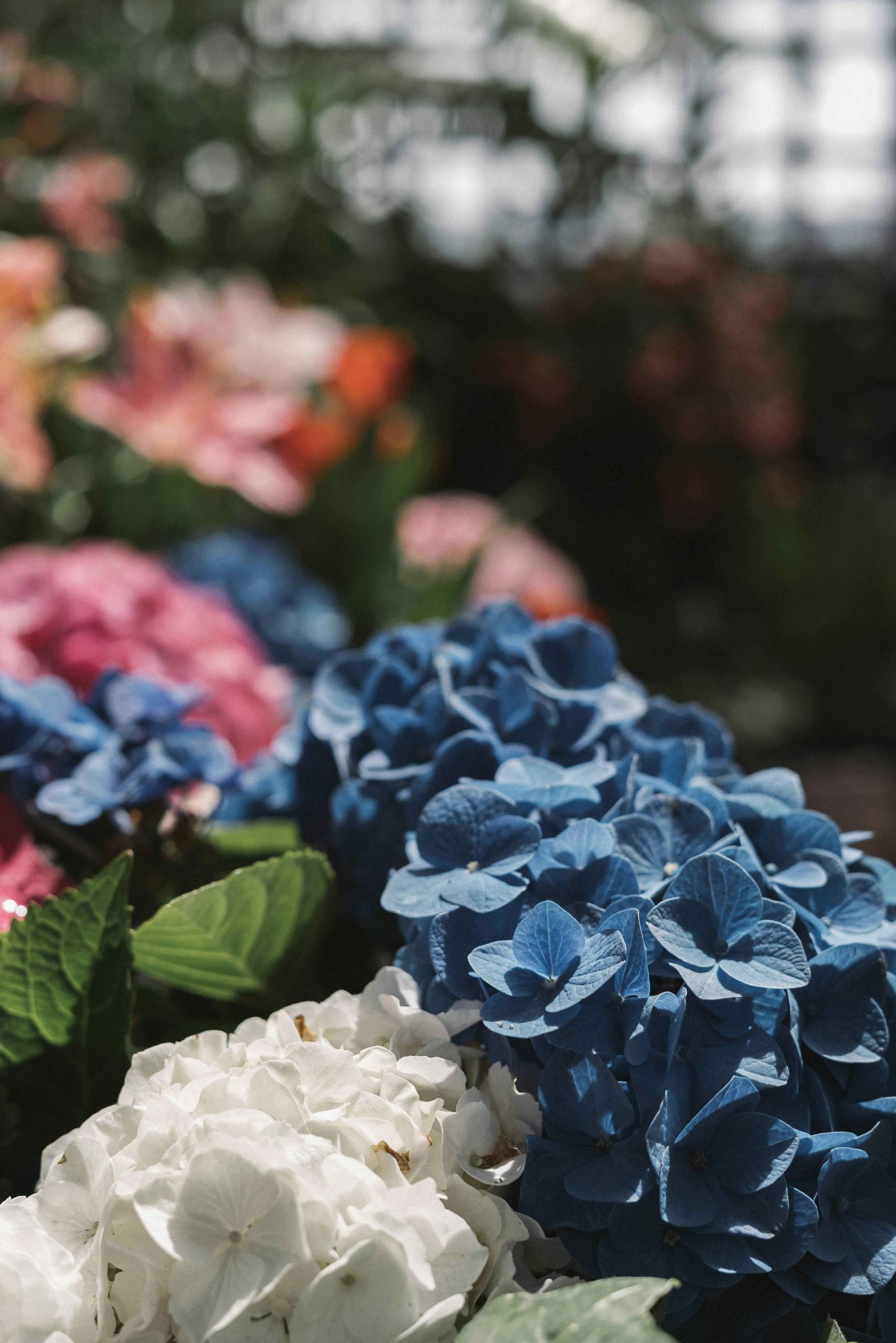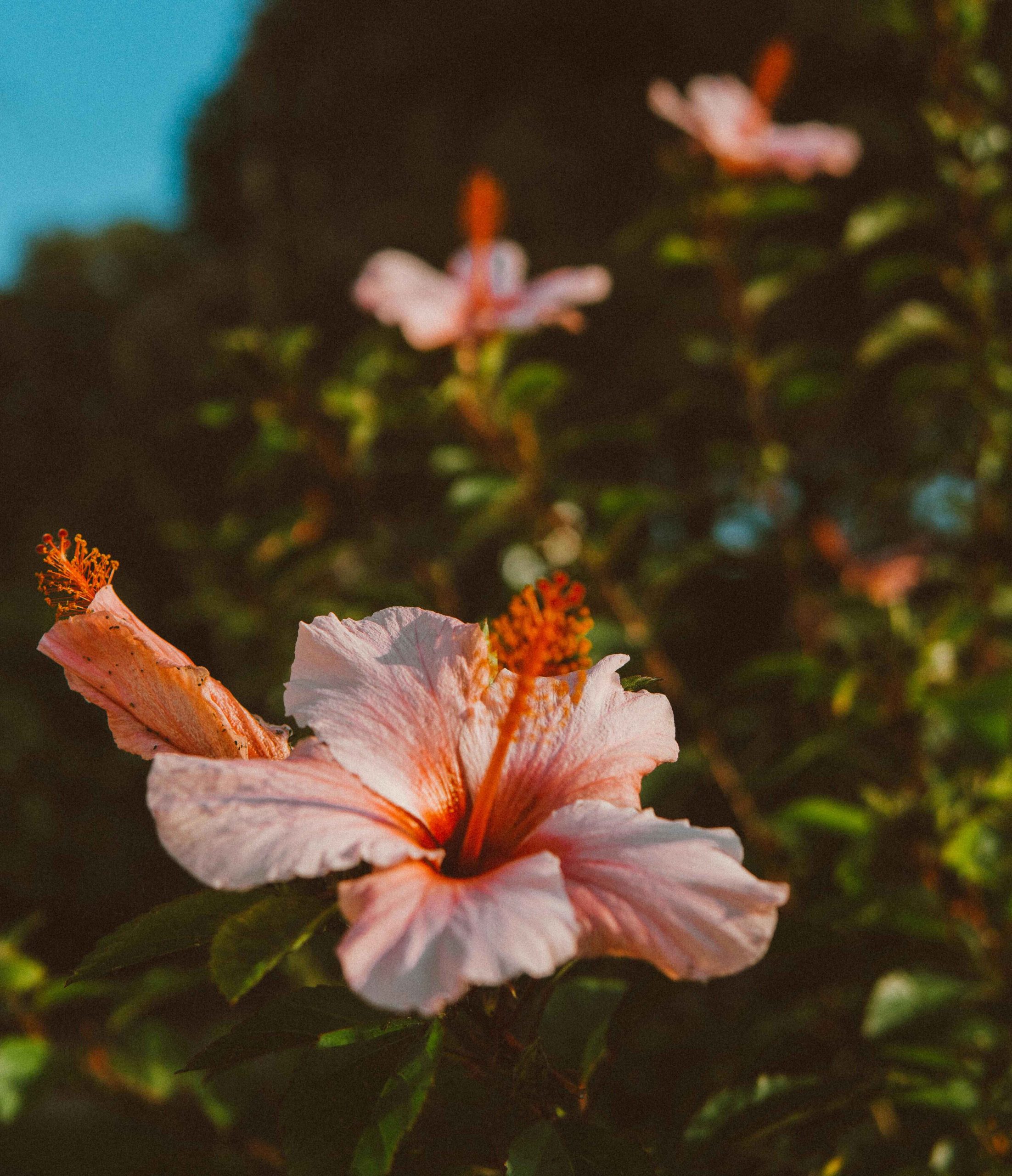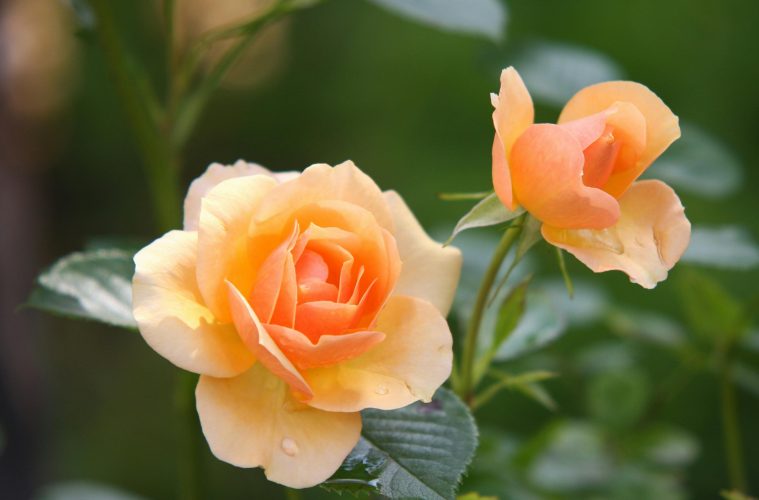Don’t toss those used coffee grounds! They hold a secret power to enhance your garden. Coffee grounds offer a natural boost of nutrients and acidity that certain plants adore. These are the few plants that benefit from coffee granules.
Hydrangeas
Beautiful Hydrangeas, with stunning growth. If you want your Hydrangeas to continue being those dreamy, beautiful blooms, coffee grounds can help with that. They add the right amount of acidity to the soil, influencing the flower colour towards beautiful shades of blue or purple.

Image Credit: Pexels
Roses
Every garden deserves a variety of roses. Give your roses a boost of nourishment with coffee grounds. They improve the soil and provide essential nutrients that promote healthy growth and vibrant, fragrant blooms.
Begonias
Your Begonia flowers love and appreciate coffee grounds. They love the phosphorus and potassium added to the soil. So, coffee is an excellent substitute for chemical fertilisers. Coffee grounds also help the flowers develop luscious buds.
Potatoes
Not only are coffee granules good for flowers, but also for your vegetable crops. The most important period in the potato life cycle is the budding and flowering phases. The nitrogen, phosphorus, and potassium provided by the granules reach their peak, and the plant needs to be fertilised. This is when coffee containing these nutrients comes in handy. It helps the potatoes produce more healthy buds.
Hibiscuses
These tropical flowers usually prefer slightly acidic soils, making coffee grounds a potential perk. Coffee grounds are organic, non-toxic fertilisers that contain all the necessary micro-elements for hibiscus flowers. Use them moderately by adding to your compost or creating a diluted liquid fertiliser.

Image Credit: Pexels
It is important to use coffee grounds sparingly. Too many coffee granules can make the soil too acidic. The best option would be to mix the coffee grounds with compost or sprinkle a small amount directly onto the soil.
ALSO SEE: MASTER DEADHEADING: EVERYTHING YOU NEED TO KNOW FOR LUSH GARDENS
Master deadheading: Everything you need to know for lush gardens
Feature Image: Pexels

